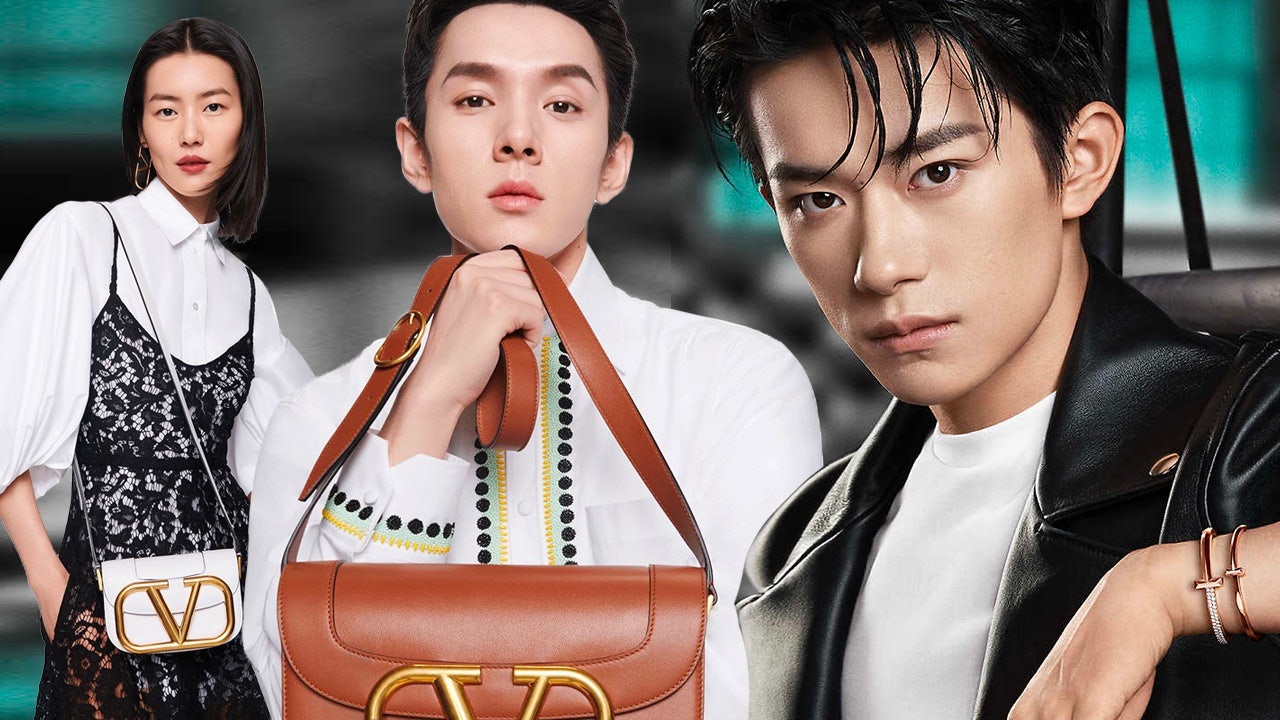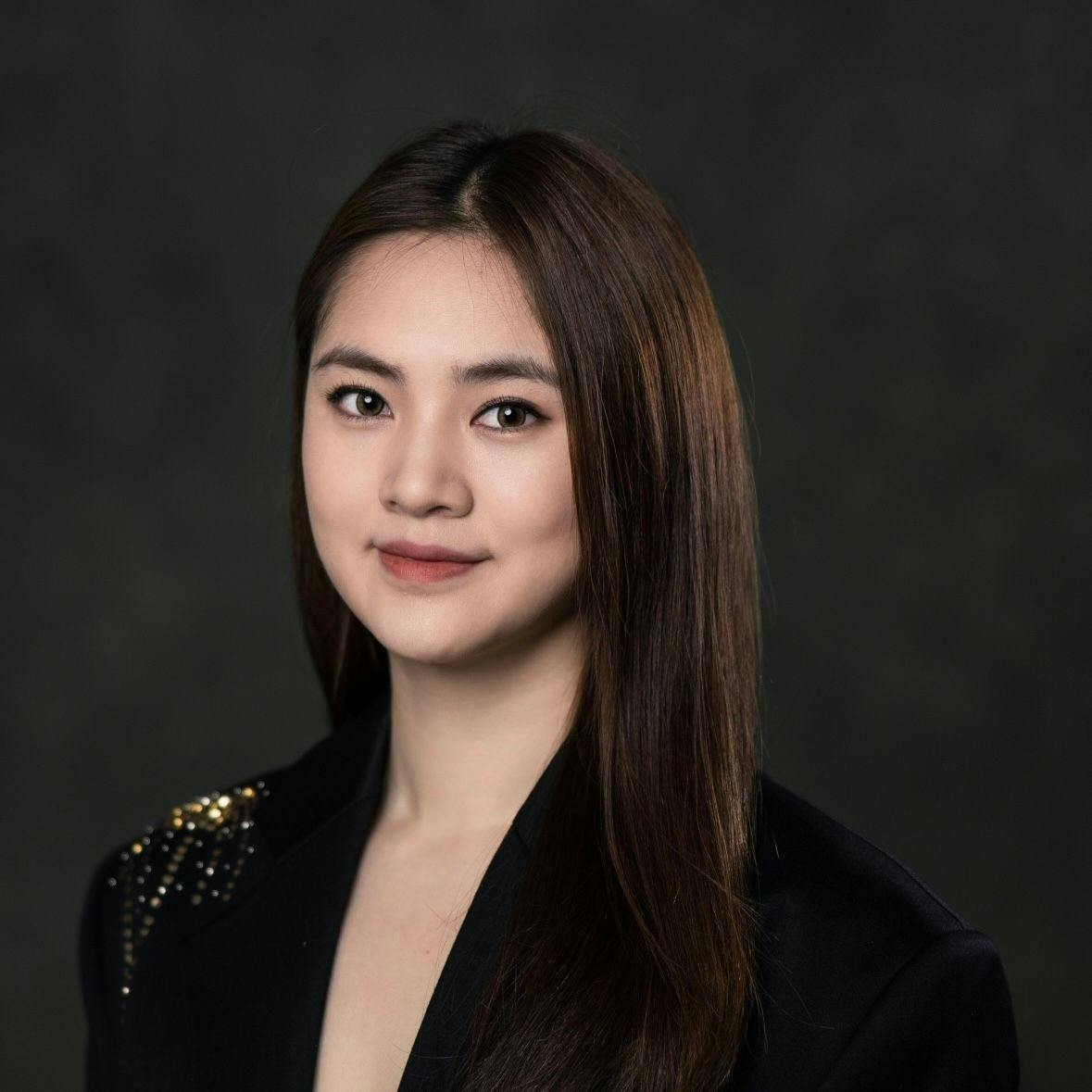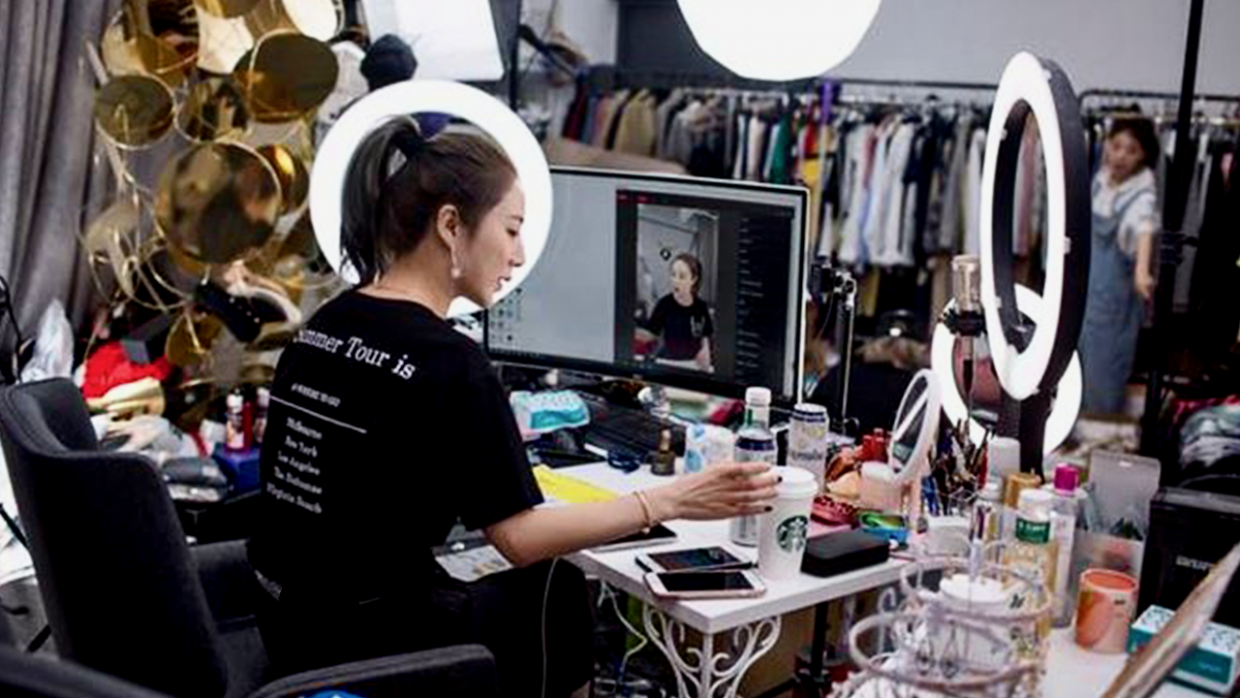When Victoria’s Secret announced Zhou Dongyu and Yang Mi as its brand ambassadors in April, the news went viral across China’s social platforms, garnering millions of online discussions. Likewise, comments about Jackson Yee’s endorsement of Tiffany’s T collection have exploded since the announcement came out earlier this month. Since the luxury industry has officially resumed its business in China, celebrity endorsements have been frequently enlisted as a familiar way to engage social-savvy consumers.
While idols and celebrity endorsements have proven to be a golden ticket that increases brand awareness and resonates with consumers, the power dynamic between brands and celebrities is becoming more sophisticated in China’s ever-changing digital climate. Therefore, the way fashion and beauty players now collaborate with celebs is fluid, especially when netizens scrutinize their endorsements.
During the COVID-19 crisis, the structure of the fashion and beauty industry was reshaped. China was always a vital market, but now it’s one that global companies have resorted to due to its early recovery. On the one hand, more and more players are fighting for market shares through online channels. But on the other, the digital battleground has gotten complicated with up-and-coming video platforms such as Douyin and Bilibili, and a new livestreaming business has jumped into the mix. Given this, discerning players have reacted to the “new normal” by optimizing their celebrity partnerships. Below, Jing Daily highlights three new directions that will shed some light on China’s current celebrity marketing trends.
Giving KOLs greater recognition#
Since the explosion of social media, audience attention has moved from television and PCs to mobile devices. Compared to concrete artworks like films, music, and TV shows, social media presents a shortcut to building a large following. Celebrity personalities can be leveraged effectively in social posts that come along with pictures, micro-blogs, and short videos — all of which were similar to content that KOLs started generating. It’s worth noting that celebrities have become more approachable and accessible to the public now that KOLs have accumulated large followings thanks to their professionalized social media management.
This shifting power dynamic has disrupted traditional commercial advertising. Celebrities now post sponsored content spontaneously on their social accounts, which mimics most KOL posts. Meanwhile, KOLs have become indispensable as marketing tools. Followers trust KOL opinions, so KOL conversion rates are not necessarily inferior to celebrity postings these days. Even luxury houses have started to benefit from repositioning KOLs in their marketing, allowing them to survive the current gloomy market. Top livestreamer and KOL Li Jiaqi’s recent debut in luxury marketing exemplifies the shift. Over the past two months, Li starred alongside supermodel Liu Wen in Valentino's SuperVee handbag campaign. Then, he was cast with actress Song Jia in Louis Vuitton’s 520 Valentine’s Day campaign. Positioning this top-selling KOL next to celebrities proves that brands are betting on this combination to maximize a campaign's performance and shorten the online sales path.
According to Juliette Duveau, co-founder of the marketing consulting agency The Chinese Pulse, the roles of celebrities and KOLs are now merging into each other. Duveau pointed out that the recognition of successful KOLs has reached a superstar dimension to where they can now be considered the “new celebrities.” She added that “what distinguishes them is a unique personality, talent, and creativity — especially for those who have strong expertise in their domain.”
Diversifying celebrity representation#
In China’s competitive social arena, titles for celebrity endorsements are now being invented to go beyond “brand ambassador.” Now they are including brand partner (品牌挚友) and sometimes even product or line-specific ambassadors. As Duveau explained, this multiplicity follows brands expanding their offer strategies. “Brands have significantly increased their lines and collections to bring consumers novelty and drive their desires,” she said. This hierarchical system allows brands to select the right face based on specific products and campaigns with different purposes.
When brands gauge celebrities for potential collaborations, the matrix that they refer to consists of their followers’ buying power along with the celebrity’s popularity and reputation. While casting younger idols with massive followings can drive considerable traffic for brands, whether that attention can be converted to sales and retained followers is still questionable. And though the younger generations have become the new growth engine in China’s market, high-net-worth individuals are still highly relevant for established brands. Instead of solely leaning on young idols, diversified celebrity representation will better engage different customer targets.
But more importantly, a plurality of endorsements won't put all a brand’s eggs in one basket, which will minimize the risk of a celebrity scandal and controversy. “Overly relying on A-list celebrities shows strong weaknesses,” Duveau commented. “A star today can be completely blacklisted tomorrow.” Indeed, from Fan Bing Bing's tax evasion scandal to Xiao Zhan’s fan controversies, incessant social chatter has unfortunately resulted in the boycott of the brand campaigns that featured maligned celebrities. Learning from these previous incidents, experienced brands now choose to collaborate with multiple celebrities to help them manage these risks.
Approaching the idol economy with new variations#
While the dark side of the idol economy, with its toxic fandom and cyber-violence, has been recognized, personable young celebrities are still mostly welcomed by brands, particularly when they help reinforce digital transformations. Luxury houses such as Louis Vuitton, Prada, and Burberry have all nominated idols as their brand ambassadors. But nowadays, campaigns are shifting away from solely portraying the youth and perfect appearances and towards displaying a celebrity’s personality.
The once hyped aesthetic of “little fresh meat” (referring to boy idols who embody softer masculinity) seems to be less relevant. Dao Nguyen, the founder of Essenzia, a strategic marketing agency specializing in fragrance and cosmetics, recently analyzed the new Lancôme Ultra Wear Foundation campaign, featuring Brand Ambassador Kris Wu. “He is not staged like the usual little fresh meat,” she said, “but with a strong, masculine feel.” From the setting to Wu’s styling, the vibe of the campaign video is consistent with the star’s experienced and assertive personality. Nguyen suggested that “brands should go a step further in their collaboration with idols and find a way to differentiate from others. One way is to make the personality shine through and be in line with the brand but not overshadowing it.”
Another well-received partnership featuring a young idol is Yee’s endorsement of the Tiffany T collection. Highlighting Yee’s dancing talents, the campaign video showed the star dancing on New York’s Brooklyn Bridge and restaged the famous “West Side Story” staircase scene. Netizens also agreed with the brand’s official statement that Yee represents Tiffany’s stated values: persistence, independence, and confidence. As Duveau described, only celebrity endorsements that fit the brand DNA and content are going to resonate with China’s netizens. “Consumers are looking for personality, authenticity, and strong points of view,” she said. “Conversely, they consider brands that just take advantage of big names to be opportunistic.”


